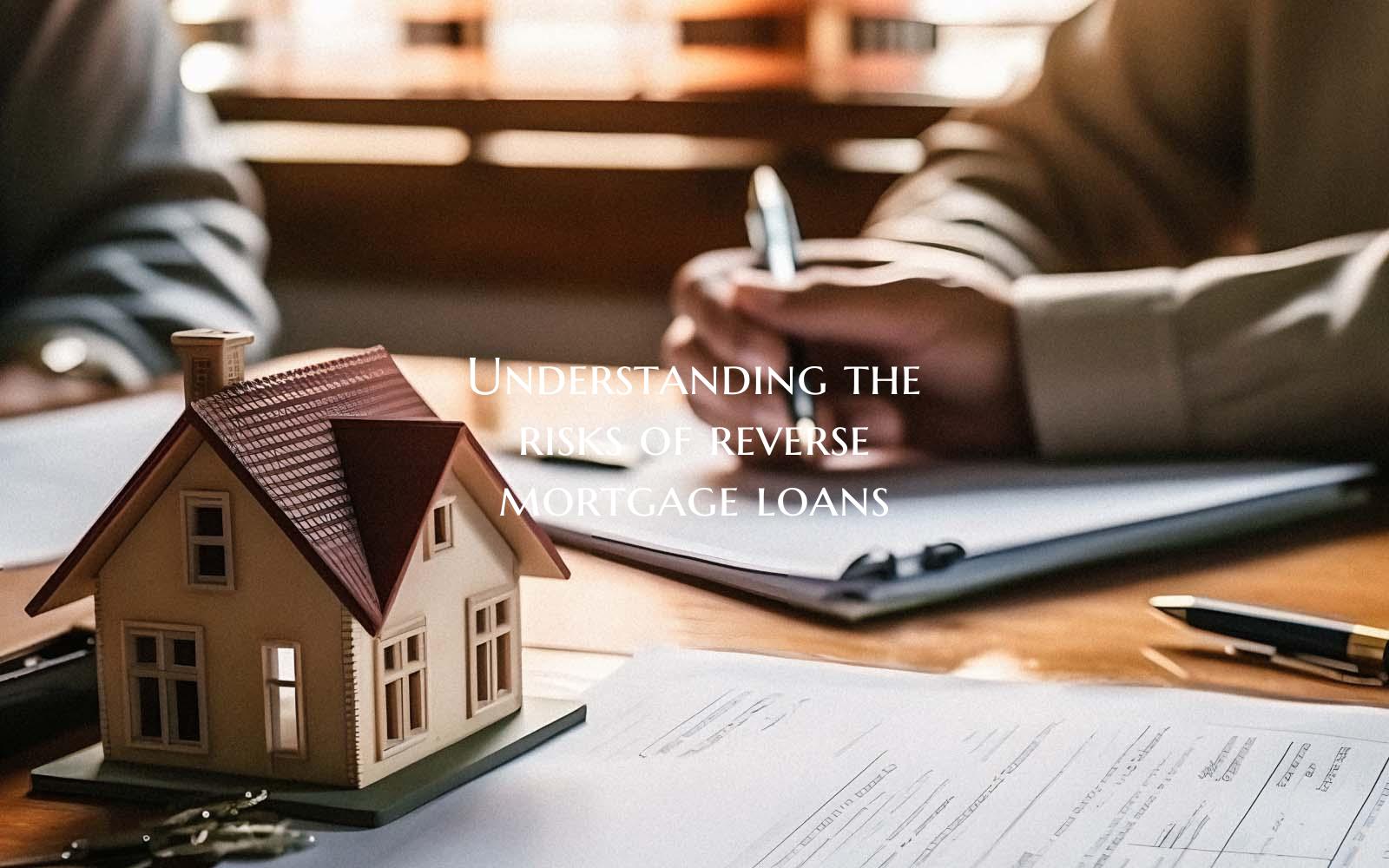Understanding the risks of reverse mortgage loans

Introduction: Reverse mortgage loans have gained popularity as a financial tool for seniors looking to tap into their home equity without having to move out of their homes. While these loans can provide valuable benefits, it is important for borrowers to be aware of the risks involved. Understanding the potential pitfalls of reverse mortgage loans is crucial in making informed decisions about your financial future.
Risk of Equity Erosion: One of the main risks associated with reverse mortgage loans is the potential for equity erosion. As borrowers receive payments from the lender, the loan balance increases, leading to a decrease in the equity that remains in the home. This can be particularly concerning if the housing market experiences a downturn or if the borrower lives a long time after taking out the loan, as the accumulated interest and fees can erode the equity significantly.
High Fees and Interest Rates: Another risk to consider is the high fees and interest rates that are typically associated with reverse mortgage loans. Borrowers often encounter upfront costs, ongoing fees, and higher interest rates than traditional mortgages. These expenses can eat into the equity of the home and reduce the overall value of the loan, making it important for borrowers to carefully consider whether the benefits of the loan outweigh the costs.
Impact on Inheritance: Reverse mortgage loans can also have implications for heirs and the inheritance of the home. If the borrower passes away or moves out of the home permanently, the loan balance becomes due, and the heirs may need to repay the loan or sell the property to settle the debt. This can potentially affect the inheritance that the borrower intended to leave to their loved ones, creating a complex financial situation for heirs to navigate.
Potential for Default: There is a risk of default associated with reverse mortgage loans if borrowers do not meet certain requirements, such as maintaining the property, paying property taxes and insurance, or living in the home as their primary residence. Failure to meet these obligations could result in the lender foreclosing on the property, leaving the borrower without a place to live and potentially losing the equity built up in the home.
Conclusion: While reverse mortgage loans can provide valuable financial flexibility for seniors, it is essential to understand the risks involved before committing to such an arrangement. By being aware of the potential equity erosion, high fees and interest rates, impact on inheritance, and the risk of default, borrowers can make informed decisions about whether a reverse mortgage loan is the right choice for their individual circumstances. Seeking advice from financial professionals and thoroughly researching the terms of the loan can help mitigate some of these risks and ensure a secure financial future.
